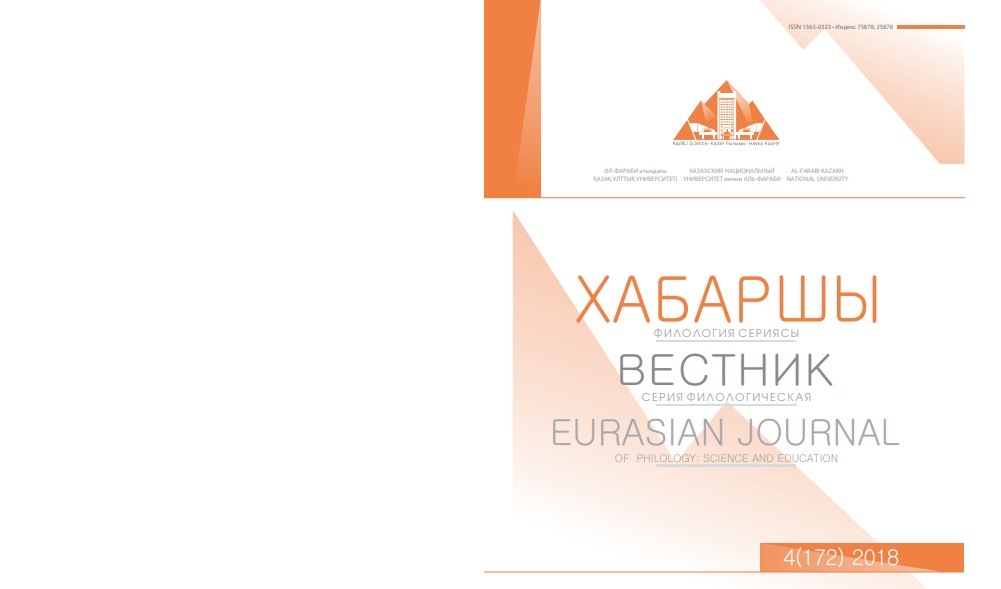Особенности перевода языковых и стилевых средств выражения угрозы (менасивных речевых актов) англоязычного политического дискурса на русский язык
Аннотация
В статье рассматриваются особенности перевода языковых средств выражения угрозы,
а именно менасивных речевых актов политического дискурса с английского на русский
язык. Перевод менасивных речевых актов в политическом дискурсе выступает как бинарная
коммуникативная эстетика и является продуктом языковых и культурных вмешательств.
Общеизвестно, что межтекстовое взаимопроникновение двух разных явлений происходит
между оригиналом и его переводом, что может дать различный смысловой и эстетический
фон. Данное явление ясно отражается в менасивных речевых актах президента Соединенных
Штатов Америки Дональда Трампа и в ответной речи северокорейского лидера Ким Чын
Ына. Менасивные речевые акты в политическом дискурсе дискретны, то есть, являются
разнохарактерными по содержанию и форме. В подобных политических текстах внезапно могут
появиться фразеологизмы, неологизмы, художественные средства, фольклорные элементы
(пословицы и поговорки, анекдоты, притчи и миф и т.д.). Они усложняют процесс перевода и
вызывают языковую и психологическую интерференцию. В этом плане показательны речевые
актыугрозы президента США Д. Трампа, в речи которого часто используются метафорические
высказывания, что является затруднительным в процессе перевода, но в тоже время интересным
для нашего исследования.






